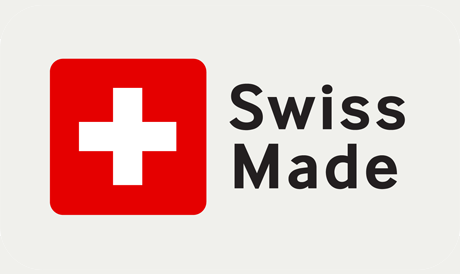Galli Uhren Bijouterie AG
Theaterstrasse 16, on Bellevue
CH-8001 Zurich
Tel: +41 44 262 04 10
Fax: +41 44 252 49 96

Is every single component manufactured in Switzerland? How much "Switzerland" is in a wristwatch when the face says Swiss Made?

Switzerland stands for quality and reliability. There is nothing wrong with us making the best mechanical as well as quartz movement watches.
These criteria were only enforced from the 1st of January 2017. Since certain brands cannot meet such requirements yet, they have received an extension of two years to switch to the new Swiss Made process.
What should also be taken into account is that Swiss Made is not Swiss Made. A brand like Omega or IWC carries more Swissness than a Mondaine. Naturally, there are significant differences in quality, especially with regard to the accuracy of the mechanical clock.
According to the association of the Swiss watch industry, every “certified” Swiss Made watch generates an additional profit of 20 percent. Thus, this certification earns the manufacturers a profit of several billion per year.